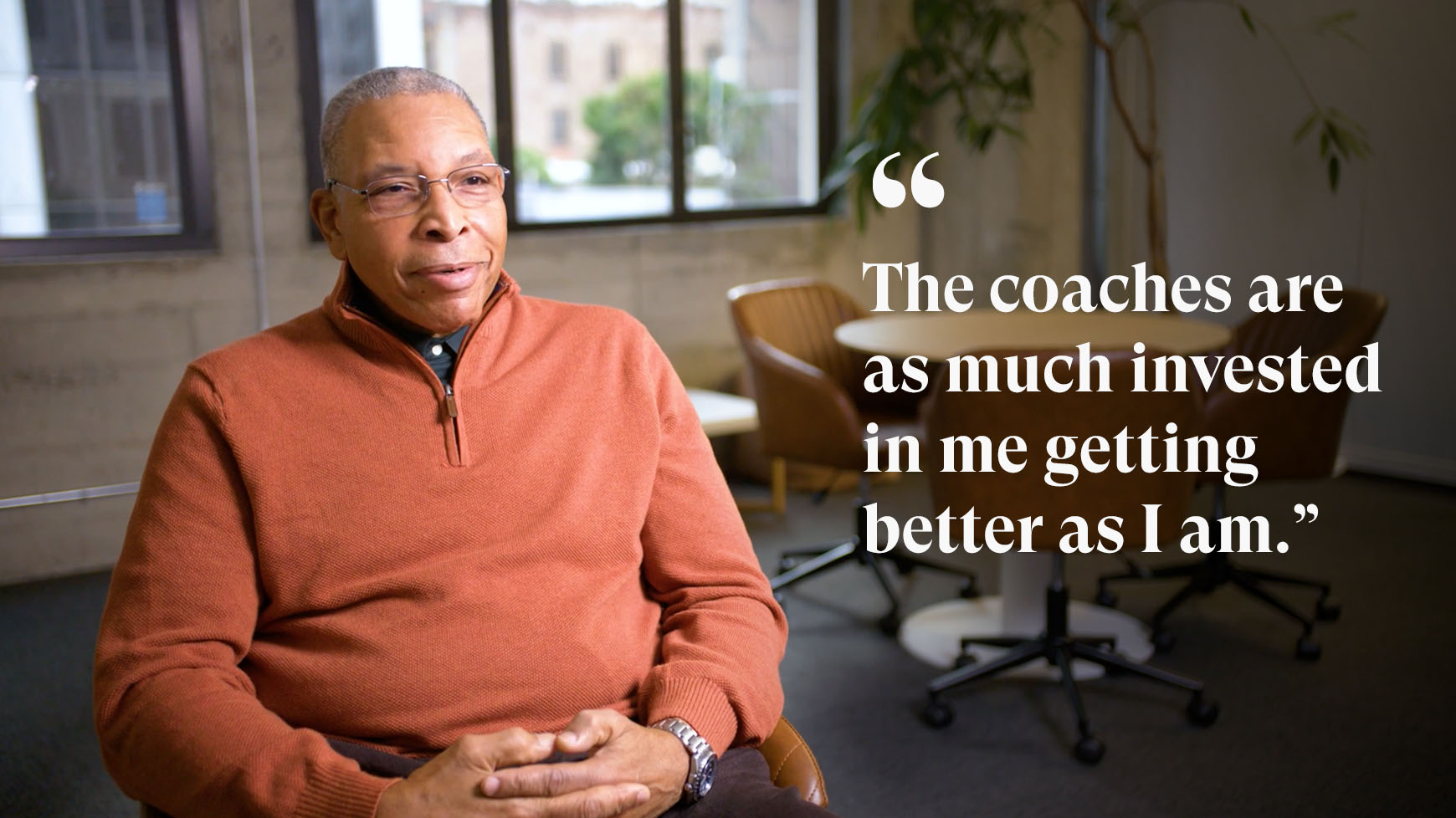Between-Visit Care: The Key to Managing Diabetes with Health Coaching
In recent years, diabetes has been on the rise worldwide, causing what’s known as the global "diabetes epidemic." In the U.S., alone, we’ve seen diabetes have significant health and economic consequences. The CDC reports that the total cost of chronic disease in the U.S. reaches $3.7 trillion each year. More than 37 million Americans are living with diabetes, a chronic condition that affects the way the body processes glucose (blood sugar).
Several factors are linked to the development of diabetes, including physical inactivity, aging, and obesity, among others. Evidence suggests that lifestyle modifications, such as weight loss, medication adherence, receiving preventive care, self-monitoring blood glucose levels, or even changing mindset can have a positive impact on diabetes outcomes.
Unlike many other health conditions where medical professionals play a more prominent role, diabetes management is primarily in the hands of the patient. This puts enormous pressure on the individual to motivate themselves to change their behavior, and stick with their care plans for the long term. Physician visits alone are not enough to help people manage their condition. “Too often people have a doctor’s visit, maybe have another one six months after. But what happens in between?” says Omada Health CEO Sean Duffy.
That’s where a health coach and specialized diabetes care team comes in.

How Diabetes Health Coaches Leverage Human Touch
The role of a diabetes health coach is to work with patients to make small, sustainable lifestyle changes that have a big, positive impact on their health.
Kristen Campbell is a Health Coach Team Lead with Omada Health. As part of a care team that includes Certified Diabetes Care and Education Specialists, Kristen delivers personalized virtual-first care to members in Omada’s Diabetes program between visits to the doctor. She coaches members through the Omada platform, an app-based program that uses cutting-edge data technology, personalized coaching, and social support to help individuals with chronic conditions make sustainable lifestyle changes.
“The members I work with are tracking the foods they eat, their activity levels, their blood glucose levels,” says Kristen. “I can look at the big picture of all those different data points and work with the member based on those data points. I can pull out things like what you’re having for breakfast, tell me what your routine looks like, or I notice your blood glucose tends to spike in the evening. Can you tell me how that's feeling or what you typically eat in the evening? Those data points are very helpful for making a personalized approach for each person.”
What Can a Diabetes Health Coach Help With?
DIabetes health coaches can help members with lifestyle strategies for managing their conditions, including:
- Setting achievable nutrition, physical activity, sleep and stress goals
- Self-monitoring glucose levels and other relevant metrics
- Providing education on diabetes management
- Problem solving when challenges pop up
Omada’s diabetes health coaches work hand-in-hand with Certified Diabetes Care and Education Specialists to create individualized plans based on each person's unique health goals and needs. Kristen has coached Omada member Steven Baldon for over a year. He shares, “the coaches are as much invested in me being better as I am. Anything they’re telling me is for my own good. It’s not like they will try to dictate to me. They want to work with me.”
Although the program is virtual-first, it may surprise many to learn that our coaches can still develop close relationships with members. Steven admits, “At first I was skeptical. Now it’s like yeah, this is pretty cool.”*

The Role of Between-Visit Care for Diabetes Management
There’s a tipping point that's happening in virtual care where some of the solutions that have existed just in the virtual setting are being brought to the point of care. “That’s one of the next chapters I’m most excited about with Omada,” says Duffy, adding, “We envision the Omada platform as being in the toolkit of physicians. They’ll be able to say to their patients, ‘I’m not going anywhere but I want to introduce you to Omada, your diabetes care partner. They’re going to support you between this visit today and when we next check in 6 months from now.’ That’s the future of care delivery.”
Virtual care and in-person care alone deliver value but the two together are exponential. “The way this happens is this in-between-visit care allows the patient and provider to work together to implement the plan they’ve developed,” says Jasik, MD. “Without that it’s really left to the patient alone. That’s pretty hard and often doesn't work.”
“People need accountability, they need a relationship, they need to feel like someone’s looking out for them,” says Jasik, MD. “That’s where healthcare more broadly falls short is people feel really lost and disconnected. To remove the human-led component would deprive us of the opportunity to make the important changes we’re trying to do.”
How Omada Health Can Help
1 in 3 Americans will be diagnosed with diabetes in their lifetime. Omada Health is a virtual care provider that inspires people to change the habits that put them most at risk for serious but preventable chronic conditions, like diabetes. We work with employers, health plans, and benefits consultants to ensure we’re reaching members who want to live healthier lives. Contact us today to request a demo.
*Disclaimer: Steven is a real Omada Member. The words expressed in this video are his own. Steven was compensated for his time spent participating in this video.